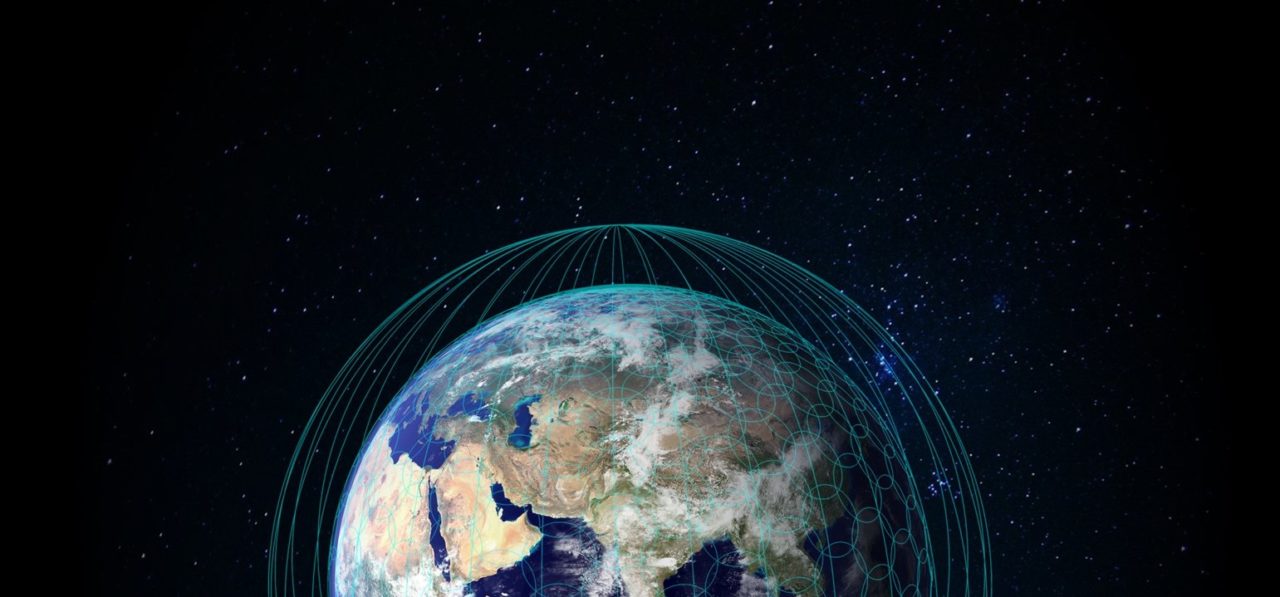Latest News

Photo: OneWeb.
According to the 20th edition of Euroconsult’s “Satellites to be Built & Launched” report, the firm anticipates that 300 satellites with a mass of more than 50 kg will be launched on average each year by 2026 for government agencies and commercial organizations worldwide. This is a threefold increase over the past decade as the satellite market experiences a paradigm shift with the rise of small satellites and mega constellations, such as that of OneWeb.
The 3,000 satellites to be launched between 2017 and 2026 should represent a market of $304 billion for the space industry in terms of building and launching — an average of $30 billion per year (up 25 percent over past decade), Euroconsult stated. The research firm has observed a price decrease in this core market of the space industry, driven by 23 commercial constellations launching a total of 1,800 small satellites (of which about 1,000 are for OneWeb) into Low or Medium Earth Orbits (LEO/MEO) for communications or Earth Observation (EO).
“The space industry is undergoing a massive change in volume as cubesats/nanosats and the large constellations of small satellites have begun to revolutionize satellite design, testing and production, and launch as well, as illustrated by OneWeb,” said Rachel Villain, principal advisor at Euroconsult and editor of the report. “However, it remains to be seen how these new satellite concepts will incentivize demand for satellite services on Earth through lower costs, especially considering that, ultimately, the cost of ownership for satellite services also includes a large investment on the ground.”
More than three-quarters of the future space market remains with governments; the 1,000 satellites to be launched for civilian and military agencies in 60 countries will represent a market of $239 billion, according to the report. Governments dominate the space industry as established space-faring countries replace and expand their in-orbit satellite systems and more countries acquire their first operational satellite systems, usually for communications, EO and imagery intelligence. More than 85 percent of the government market will remain concentrated in the 10 countries with an established space industry (the U.S., Russia, China, Japan, India and the top five European countries). Still, the other 50 countries engaged in space activities will launch almost 200 satellites, twice the number they launched over the past 10 years. These countries will procure half of these 200 satellites from foreign manufacturers as domestic industry capabilities develop further.
Almost two-thirds of the commercial space market of $65 billion will remain concentrated in Geostationary Earth Orbit (GEO), the destination of 150 new satellites for communications and broadcasting services. The 1,800 satellites to be launched into Non-Geostationary Orbits (NGSO) for the 23 constellations to collect or transport data should represent a market of $2 billion per year on average over the decade.
Get the latest Via Satellite news!
Subscribe Now